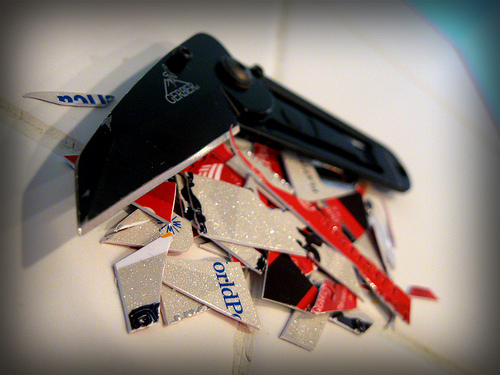Web 2.0 Personal Finance

Today’s post is by Nick Barber who works for UK discounting site VoucherCodes.co.uk
Personal finance has moved on and people are now roughly separated into two groups; those that are savvy online and those that are not. There is a myriad of tips of tricks beyond the usual blanket “buy online” advice that can slash your usual monthly spend painlessly by about 20%. These personal finance tips however can be leveraged in the worlds of investing and of small business too so you offset the hefty start-up costs that are often incumbent on the budding entrepreneur.
Before you know where you are going to make savings however, you need to know exactly how your finances are shaping up. In recent years there has been a proliferation of online software packages that will help you keep your bookkeeping in order. Mint is a great example. Once you sign up and enter your details, it will automatically pull in your balances from different accounts, updating in real time, so you can always keep on top of how much you are laying out each month. This information can then be used in conjunction with their budgeting software and there is even functionality to check how your investments are doing. What is more – it’s completely free!
The second tip for knowing where you stand financially is to check your credit report. Your credit report is, put simply, a record of all the debts you have taken out in the last 6 years, right down to cell phone contracts, as well as a record of how well you have managed to repay them. Experian offer a free credit report when you register with them. It is essential to check for mistakes – which happen more regularly than you think. Even the smallest error can reflect badly on you which is especially important with banks having access to your records. If it seems you have missed just a few payments, this can result in a much higher rate of interest on your mortgage and other borrowings. Correcting mistakes can result in savings of hundreds of dollars a month; as well as opening up more finance to you.
Now you know where you stand; it’s time to make savings. (more…)


















